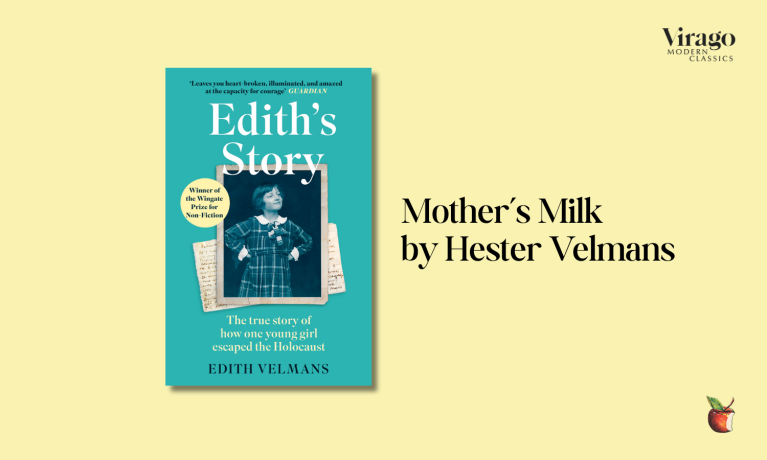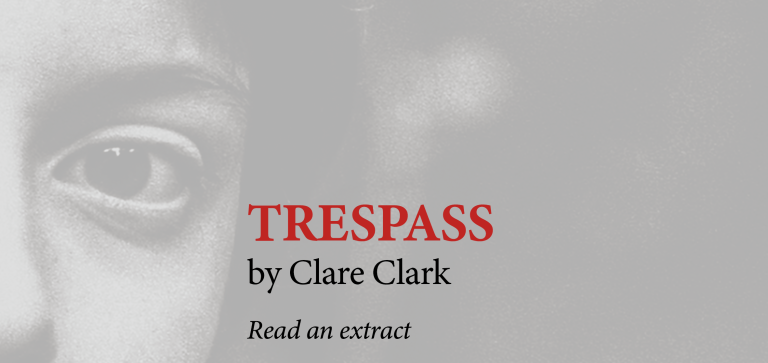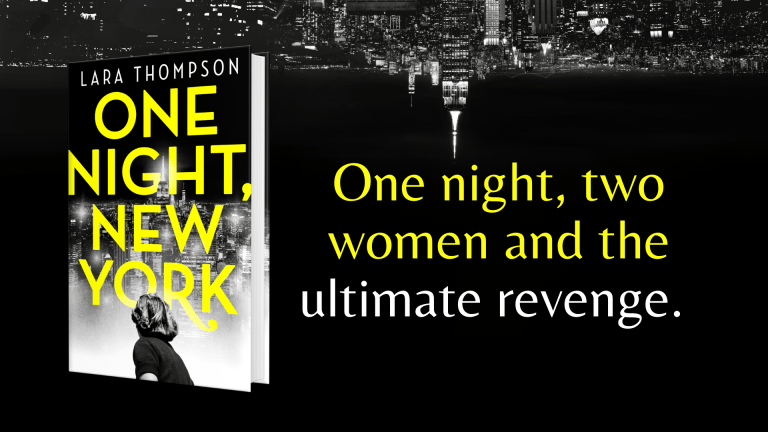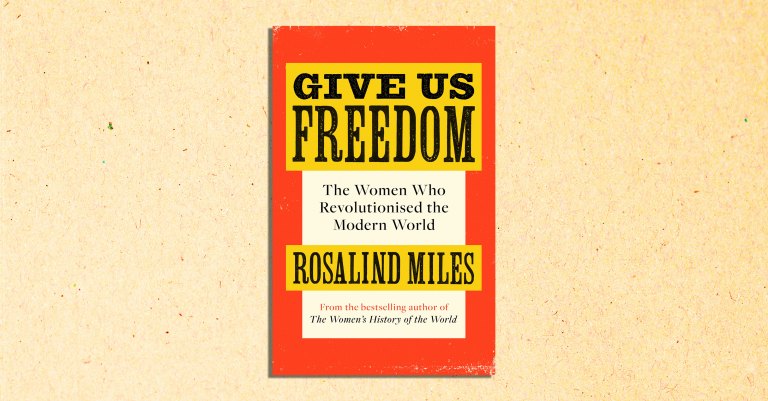Read an Extract from Ordinary Love

‘Almost unbearably beautiful. Ordinary Love is extraordinary’ Emilia Hart
‘Profoundly moving‘ Emily St. John Mandel
‘Tender, truthful and gorgeously written’ Samuel Burr
When Emily catches sight of Gennifer Hall at a party, she is transported back to the moment they fell in love as teenagers. Their connection was electric, and they thought it was forever.
Twenty years later, Gen is an Olympic runner, the career she strived for, while Emily is living a picture-perfect life: Manhattan townhouse, two young children and a wealthy husband, Jack. But Jack’s controlling behaviour is spiralling, and Emily has lost sight of who she once was.
Now, despite Emily’s fracturing marriage and the pressures of Gen’s career, they are drawn back together by a magnetic attraction. After years of heartbreak, missed chances and misunderstandings, will they finally get a second chance at first love?
AN EXTRACT FROM ORDINARY LOVE
In the church lobby, Emily’s father asked someone to take a photo of them. “My whole family,” he said, smiling at Emily and her half-sisters, also dressed in red. Courtney, the younger one, smiled back, but Sara-Lynn, who had a solo to perform that night with the choir, looked pale. They all stood together, pleasant and stiff, until the flash went off. Emily’s father prom- ised that when he got the film developed,he’d make copies for her. Denise told Emily how glad she was that Emily could join them, that she had grown into quite the mature young lady. She asked if Emily was interested in babysitting the girls from time to time and Emily said that she was. When Sara-Lynn wasn’t looking, Emily’s father opened his loose suitjacket to reveal a small bouquet of flowers and winked at Emily. The little girls filed ahead to find seats as Emily whispered to her father and stepmother that she didn’t get anything special for Sara-Lynn’s solo, just a regular Christmas present, but Denise said not to worry: the flowers were from all of them.
There was a reading from the Book of Luke. Emily listened as angels appeared to shepherds in the field and frightened them. “But an angel said to them, ‘Be not be afraid. I bring you good news and joy.’” Emily felt warm and happy, seated between her father and her youngest sister. She could smell the hidden roses in her father’s jacket. Sara-Lynn stood. Denise squeezed Sara-Lynn’s hand before the girl made her way, with quick steps, to the front.
The choir began to sing. Emily braced herself as she recognized the song. She hadn’t known the solo would be “O Holy Night” and was upset that such a difficult piece had been given to a child: the exposure of the long phrases, that octave jump. But Sara-Lynn’s voice was clear and starry, and Emily felt like one of the shepherds, surrounded by a dark plain. She saw her father’s face as he watched his daughter sing — his rapt pride— and Emily began to understand that while she was a welcome guest, this was another way of being an outsider.
When the solo was over, Emily whispered to her father that she didn’t feel well. She slipped out to the lobby, where a long table bearing punch and cookies awaited the congregants. Here, the pastor’s voice was muffled by closed doors; she couldn’t distinguish the words. On a small table sat a black rotary phone.
Gen picked up. “Hello?”
“Hi.”
“Are you okay?”
The receiver was wet with Emily’s tears. They slid down her wrist. “Yes.”
“Why don’t you tell me where you are,” Gen said, “and I’ll come get you.”
Nella made Coca-Cola ham and mac n’cheese. The frozen tater tots were baked until they were crisp,their insides steam- ing. Dessert was chocolate box cake topped with frosting that Gen made from scratch.They watched Rudolph the Red-Nosed Reindeer and laughed at how the stop-action puppets moved their heads like owls. Nella gave Emily an afghan crocheted in Emily’s favorite colors and Gen gave her awrapped box slightly larger than a shoebox. Emily hadn’t brought gifts because she hadn’t expected to receive anything, but when she tried, haltingly, to explain this she was told to be quiet and eat more cake. She unwrapped Gen’s gift while Nella went to make tea. It was a diorama, its box polished wood,showing a mountain made from thick, layered paper that had been soaked, molded, and dried. In front of the mountain stood a nearly bare tree made from twist-ties painted brown, its branches delicate. One branch held a red apple.
“It’s Mount Olympus,” Gen said. “I wanted to make something Ancient Greeky, to show a myth, but all the stories seemed kind of messed up so I thought this was best.”
“You’ve been reading Ovid. You should try the lyrics instead.” The love poetry, Emily almost added.
“Hmm,” Gen said.
“I can’t believe you made this.”
“It’s a hobby.”
“You’ve made others? Are you going to show me?”
“Sometime,” Gen said, “when it’s not Christmas. Do you like it?”
“I really, really like it.”
Gen asked if she wanted to stay the night and when Emily said yes, Gen looked awkward and asked whether sharing her room was okay. “There are two twin beds. I mean, we have other bedrooms, but the house is old and drafty and my room gets good heat.”
In the dark of Gen’s room, in their separate beds, they lay silently awake. Emily thought about the diorama. She kept returning to the tree with its one apple. Gen had been reading the lyrics, Emily realized. There was a fragment of a poem about a red apple that hung too high for anyone to reach. The poem had been written, Emily remembered, by a woman. It had been written by a woman who loved women. Her face grew hot. She was glad it was dark.
“Gen?”
“Yes?”
Emily decided the apple didn’t mean anything — or at least she was afraid that Gen would say that it didn’t. She abandoned her question and said instead, “Who is the slipper and who is the shoe?”
“I’m the shoe.”
Gen believed she was the shoe because she wanted to be resilient, but Emily knew better. Gen was a softness that Emily could slide right into.
Gen said, “Will you tell me what happened tonight?”
Emily shifted in bed so that she was looking into Gen’s face even though she couldn’t actually see it in the solid dark. She told Gen about the pearl necklace; the roses; the song; the shepherds; the large, shining, red planet of the punch bowl in the empty church lobby.
Emily said, “I want to be somebody.”
“You are somebody.”
“I want to be somebody people pay attention to.”
“I pay attention,” Gen said.
Chapter 11.
New leaves were bright green froth on the trees when Gen showed her the hayloft. She opened the barn doors wide.
The barn, when they first entered it, seemed unexceptional, filled with equipment: a tractor, cultipacker and plows, a broadcast seeder. Gen named them and showed Emily the milking stalls where cows had once been kept. They climbed the ladder to the hayloft, which did not, in fact, hold hay but was an open room with a table and chairs, as well as a small bed tucked into an alcove and half-hidden behind a green velvet curtain held back by a tasseled tie. There was a bookshelf stacked with paperbacks and dioramas, some crude in their design, the work of a child. Emily recognized many of the dioramas’ scenes from books, like the street lamp in the snow from The Lion, the Witch, and the Wardrobe. A lamp stood next to a recliner, butGen didn’t turn it on. They could see clearly in the borrowed light coming from the open barn doors.
“My mother made this for me.” Gen said that her mother believed that every child should have a hideout,a special place, a favorite one, and that her mother had built the furniture. She had been a carpenter until she had gotten hurt on a job and the doctor prescribed a medication that she couldn’t stop taking, even after the pills ran out, and that she had to have no matter what. Gen had been in fourth grade. By fifth grade, when Emily met her, Gen was moving from place to place. Gen remembered many strangers. She remembered sleeping in a bathtub. On the floor. Gen hadn’t understood what was wrong. The wrongness gradually became normal. Hunger was normal. Sometimes Gen was okay. Sometimes there was pizza or her mother braided her hair. Sometimes Gen got to sleep next to her mother, in her arms, and her mother slept very soundly, her face peaceful. Then Gen’s grandmother sued for custody. “I’m glad she did,” Gen said, “though at first I wasn’t. I don’t know. Sometimes I’m still mad. It wasn’t my mom’s fault. The case went on for a long time.”
“Because your mom wanted to keep you.”
“She died of an overdose the summer before freshman year. It’s good that Gran won.”
Emily touched Gen’s back. When Gen didn’t move away, Emily let her palm rest between Gen’s shoulder blades.
“I miss her,” Gen whispered.
“I think it’s important that she wanted to keep you.”
“Yes,” Gen said eventually. “You’re right. It is.”
There was a senior trip to Orlando in March. Emily hadn’t filled out the forms in the fall because she hadn’t wanted to ask her father for money, even though Kim and Meredith were going. Now Emily was glad not to go. She called Gen. “Let’s do something.”
“What do you want to do?”
“Do you want to go to the mountains?”
“Like, hiking?”
“Maybe camping, too.”
“I love that idea.”
Emily’s mother brought a tent, a camping stove, and sleeping bags up from the basement. “Who’s this Gen? I haven’t heard you mention her before.”
“She’s my best friend,” Emily said.
The mountain trail was chilly, sunlight falling through the trees in thin shafts, the emerald moss damp. Moisture trickled over rocks although it hadn’t rained. They passed a gushing creek. Wildflowers grew in darts of white. Years later, Emily found their name in a book: trillium. It was early in the season, and Emily and Gen were alone on the trail.
They reached a clearing and could see straight across the raw valley. Although Gen said that the preservemust be amazing in fall, she didn’t add that they should come back then. They didn’t know where they’d be. Letters from colleges would arrive by the end of the month. In November, Emily had offered to help Gen with her applications but Gen had said that she wanted to do them on her own; she wasn’t applying to many places anyway. She wanted to stay close to home. Emily had applied widely, and nowhere in-state. She asked, “Which one do you want to go to most?”
“The free one, Emily. You keep asking but the answer is always the same.”
“You never ask me.”
“I know where you’re going.”
“Come on.”
“You’ll see.”
“I don’t want to disappoint you.”
“You won’t.”
They cooked canned soup over the camping stove, facing each other across the small fire. Emily unzipped a sleeping bag and wrapped it around her shoulders. Her heart beat as hard as it had when they were on the steep trail.
“Are you tired?” Gen said.
“No.”
“You’re really quiet. Like, weirdly quiet.”
“I want to see you,” Emily blurted. “Wherever we are in the fall. We can visit each other.”
“I want that, too.”
“I want us always to be friends.”
When Gen didn’t respond, Emily felt sick, sure that she had said something wrong.
After a moment, Gen said, “Me, too.”
What else do you want? Emily wanted to ask. What else, she thought as they switched on the lantern and entered the tent. What else, as she zipped up her sleeping bag, and Gen zipped up her own, and they lay down next to each other on the cold ground, warmth rising between them. What else what else, as their hips nudged against each other. Gen apologized and shifted away.
Maybe Gen wanted nothing. But what Emily wanted spread in her chest, between her legs. She lay there, silent, her body crowded with desire.
…
Continues in Ordinary Love by Marie Rutkoski.
Publishing in hardback on 12th June 2025.







